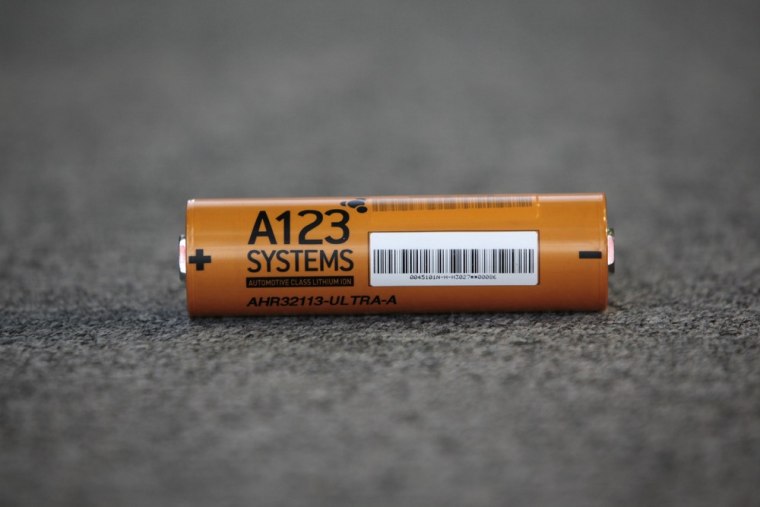China's largest auto parts maker won U.S. government approval to buy A123 Systems Inc, a bankrupt maker of electric car batteries that was funded with U.S. government money, a source familiar with the situation said on Tuesday.
A U.S. government committee on foreign investment approved the sale of the lithium-ion battery maker to Wanxiang Group, according to the source, who asked not to be identified because they were not authorized to speak publicly.
Some members of Congress and retired military leaders said the sale to Wanxiang would transfer sensitive technology to China and they asked the U.S. committee to block it.
A123 filed for bankruptcy in October due to weaker-than-expected demand for hybrid vehicles and technical problems. The company had received a $249 million grant from the U.S. government to promote clean energy, although about half of that money as never used.
The company was sold in December at an auction supervised by the U.S. Bankruptcy Court in Delaware. Wanxiang's bid of about $257 million won against U.S. rival Johnson Controls Inc of Milwaukee.
The money raised in the auction will be used to repay the battery maker's debts of about $376 million.
Wanxiang tried to blunt criticism of the deal by excluding A123's defense contracts from its bid at the auction. Those were sold separately to Navitas Systems for $2.25 million.
Chinese firms have been pouring cash into overseas investments, and with that money has come concerns around the globe that companies with ties to Beijing may not play by free-market rules.
The Committee on Foreign Investment in the United States, or CFIUS, which approved the sale to Wanxiang, recently rejected a bid to build wind farms in Oregon by Ralls Corp, owned by two executives of China's Sany Group. The committee has also blocked multiple deals by Huawei Technologies Co, a Chinese telecom equipment manufacturer.
Wanxiang may have soothed the concerns of CFIUS members with its history of investing in the United States.
The company generates about $1 billion in U.S. revenue by supplying parts to General Motors Co and Ford Motor Co . It has bought or invested in more than 20 U.S. companies, many of them which were in bankruptcy, according to a Congressional report.
